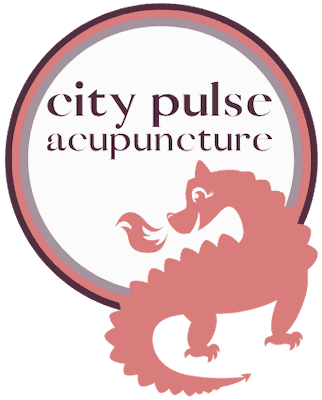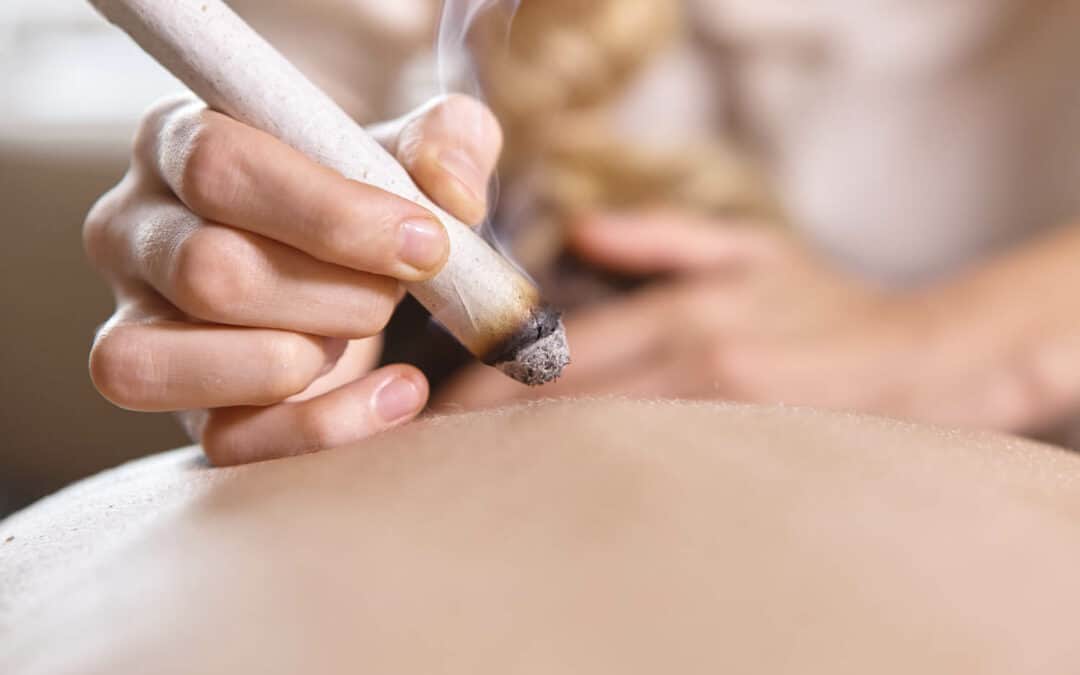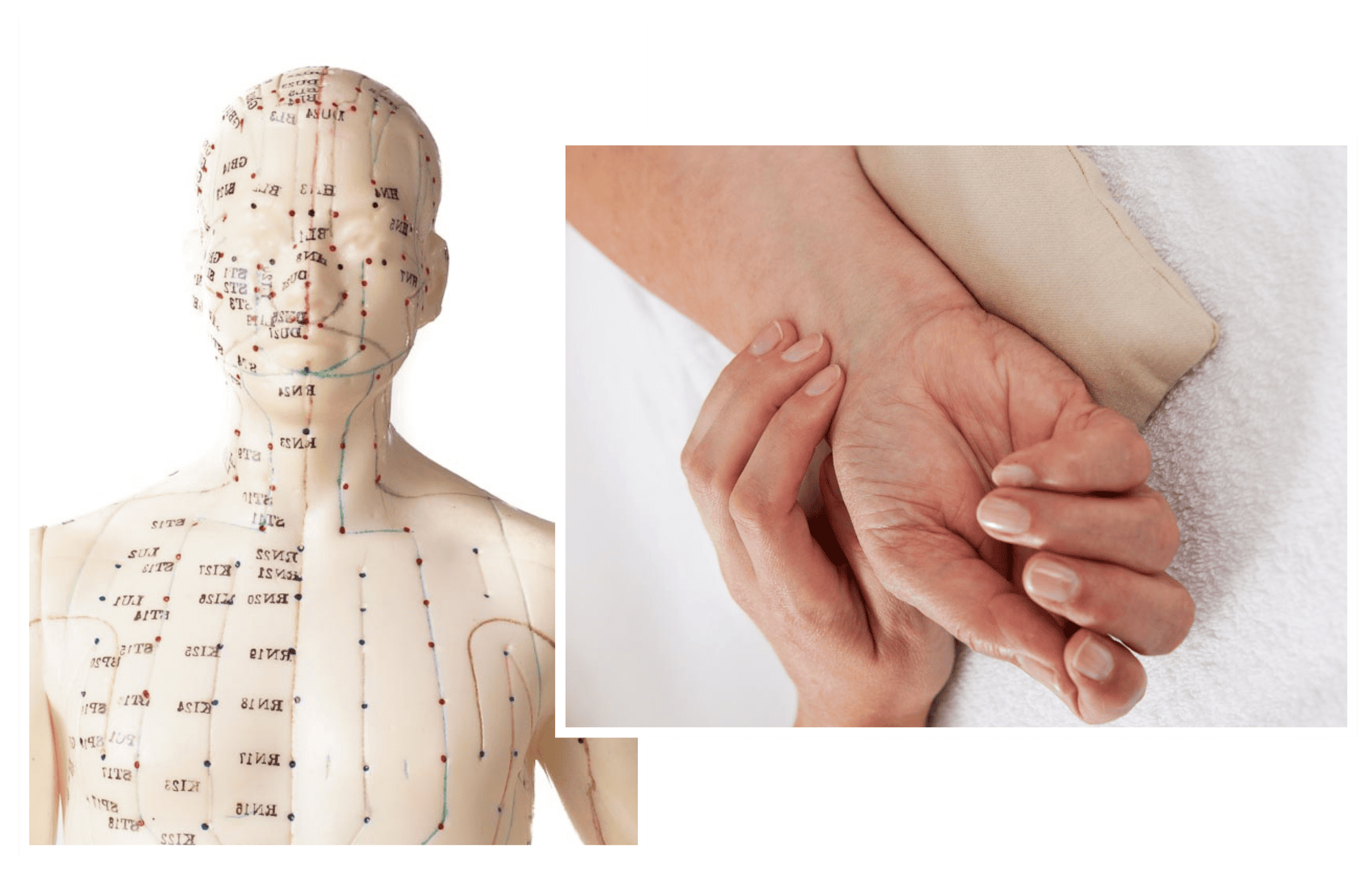In Chinese medicine dampness is a pathological factor that can either invade us from the outside or arise from an internal imbalance. Dampness is an overly wet or moist condition. A little bit of dampness or mucus in the body is normal to moisten the digestive tract and mucous membranes. Causes of excess dampness include environment, diet or internal organ imbalance. Internal dampness is often generated when the Spleen, the digestive organ in Chinese Medicine, is not functioning ideally. This creates an excess of fluid that can accumulate in different areas in the body. Since dampness is a product of an imbalanced Spleen, diet is key in its formation.
Some examples of dampness are more obvious, such as excess mucus in the form of nasal discharge or phlegm. While other examples dampness manifestations are less obvious to those unfamiliar with Chinese Medicine. These include being easily tired, a feeling of heaviness (anywhere but particularly in the head), weight gain, bloating, loose stools, edema or swelling. Also, tumors, cysts, fibroids, and yeast infections (vaginal, skin, athlete’s foot, etc.) that can be prohibitive factors in conceiving and maintaining a healthy pregancy.
This is a list of foods that are damp in nature and contribute to dampness. Therefore, these are foods that should be reduced or eliminated:
- Dairy products
- Eggs
- Meat
- Tofu
- Soy products
- Pineapple
- Salt
- Concentrated sweeteners and sugar
- Greasy foods or too much oil
Foods that are raw or cold are also harder for the Spleen to digest. These foods might not cause problems in someone without dampness or digestive disorders. But in those with a weak Spleen, it is best to eat more foods that are warm and cooked.
In addition to diet, lifestyle factors can contribute to dampness such as overeating, eating rich and greasy foods, and being sedentary.
This is a list of foods that help dry or absorb dampness, and therefore can be added to the diet in moderation:
- Celery
- Scallion
- Turnip
- Kohlrabi
- Corn
- Asparagus
- Pumpkin
- Rye, amaranth
- Aduki bean
- Vinegar
- microalgae dunaliella and wild bluegreen algae
- Bitter herbs: chaparral, pau d’arco, valerian, chamomile
Do not overuse these foods, because of their drying nature you can dry out the body’s fluids. And, as previously mentioned, some mucus is beneficial for moistening.
_________________________________________
Information from this blog was sourced from:
- “Healing with Whole Foods: Asian Traditions and Modern Nutrition by Paul Pitchford”













